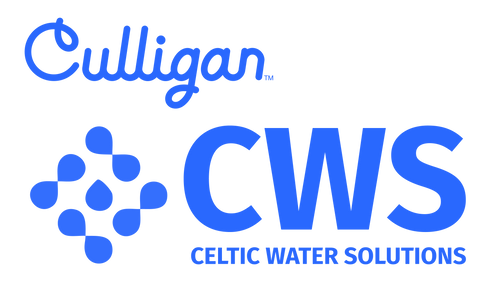Collection: The Problem with Single Use Plastics. And Now We’ve to Deal with it.
To be honest, it is quite remarkable that plastic isn’t covering every square foot of earth. Research has estimated that humans have produced 6300 metric tons of waste since 1950, out of which only 9 percent has been recycled. The same research predicts if waste management trends continue at this staggering pace, the amount of waste would be doubled by 2050. Researcher often argue it’s highly possible that plastic won’t break down at all. No matter, how you view the current picture, it reveals only one thing: Plastic is suffocating the Earth. A report by CitiGPS estimates single use plastic bottles to represent 15 percent of marine waste. The biggest problem with plastics is the fact they don’t decompose. It takes about 500 years for plastic to degrade into smaller pieces called microplastics. And to make the matters worse, the process of plastic degradation releases toxic chemicals into the environment which enter the food and our water supply. A WHO report critically reflects that some microplastics are small enough to pass through gut wall and enter our blood stream. It’s impact on human health is still unknown.

Our seafood contains plastic.
Sound weird? Well, it is true. Microplastics are now making their way into food chain as humans are consuming seafood that is contaminated. A recent study by National University of Ireland Galway found microplastics in 73 percent of deep water fishes in North Atlantic Ocean. The fish dinner you had last night could have traces of last year’s degraded plastic bottles.The solution is simple – Ditch single use plastic bottles
Perhaps one of the easiest ways to stem the tide, is to stop buying single use plastic bottles and invest in drinking water filtration systems. The drinking water systems provide quality filtered water which is free from 99.9 percent known contaminants of water. Some of the highly efficient water filters such as reverse osmosis systems are getting highly popular among the masses due to their high performance and Return on Investment. Water filtered from a reverse osmosis system costs only 7c which is nearly 10 times lower when compared to bottled water. For those always on the go, such as Doulton TASTE water filter bottle is an ideal solution. It offers a lightweight, durable, convenient, cost-effective way of ensuring contaminant-free drinking water.
Share this infographic on your website

Professional Installation
At Celtic Water Solutions, we take pride in offering expert installation and dependable water softener service across Ireland. Our certified technicians have extensive experience working with all types of water softeners and treatment systems. We’ll arrange installation at a time that suits you, ensuring minimal disruption and complete peace of mind from the start.

Regular Maintenance & Servicing
Keeping your water softener in excellent condition ensures consistently soft, high-quality water. Our water softener service includes inspections, cleaning, and performance checks to prevent issues and maintain peak efficiency. Whether it’s a quick tune-up or a full system check, our team ensures your system runs smoothly year after year.

Fast & Dependable Water Softener Repair
If your system stops working or isn’t performing as it should, our prompt water softener repair service is here to help. Contact our support team, and we’ll dispatch a qualified technician to diagnose and fix the issue quickly, restoring your system to full operation.
At Celtic Water Solutions, your satisfaction and a continuous supply of soft, great-tasting water remain our top priorities.
